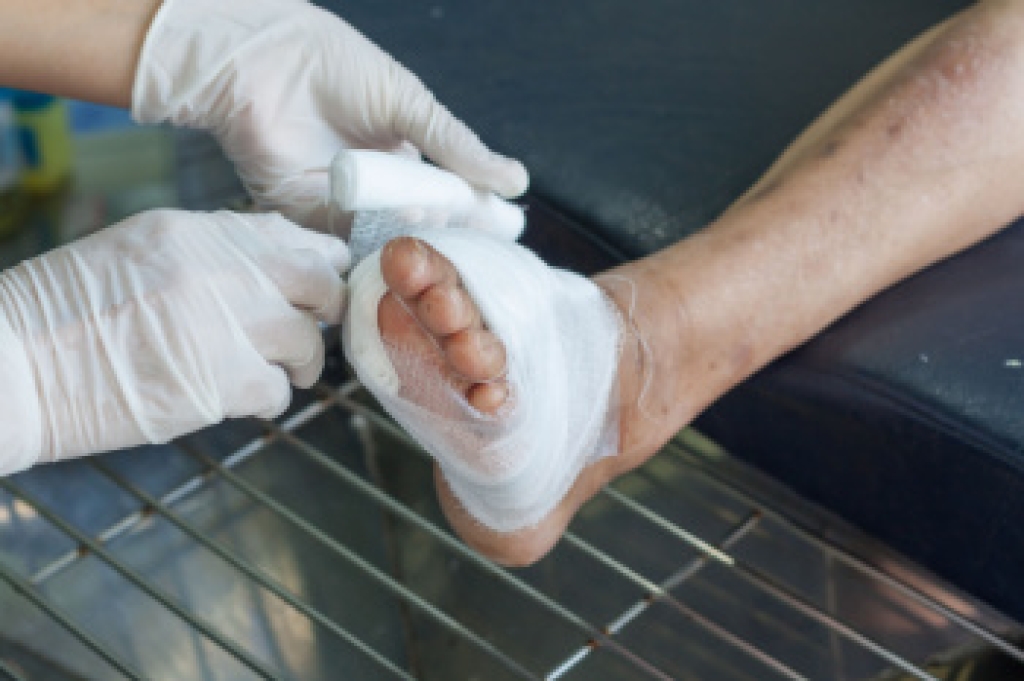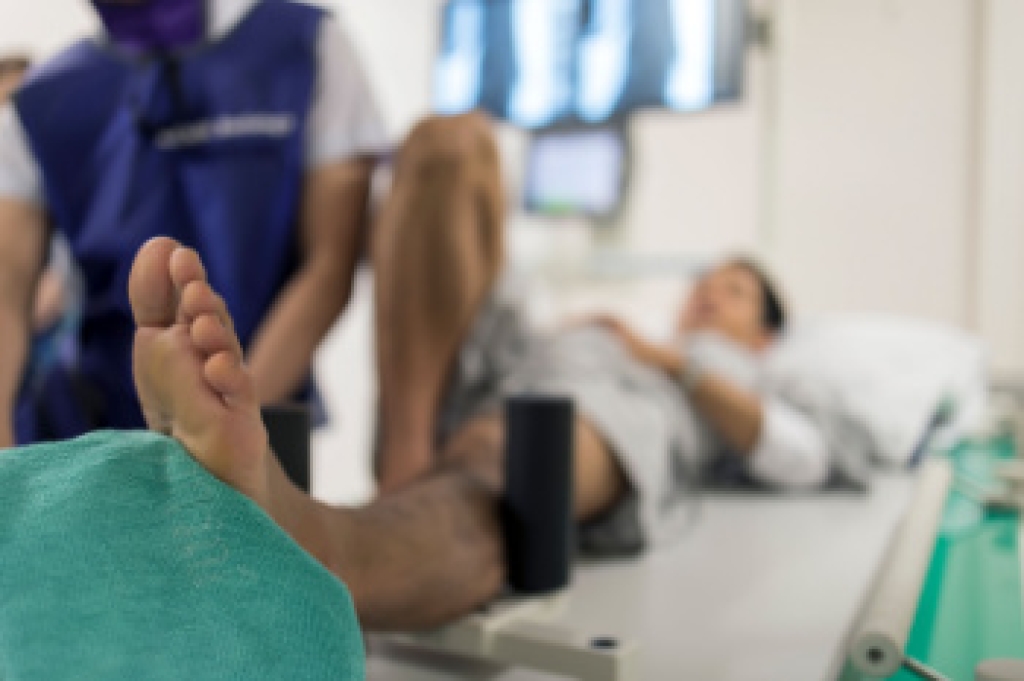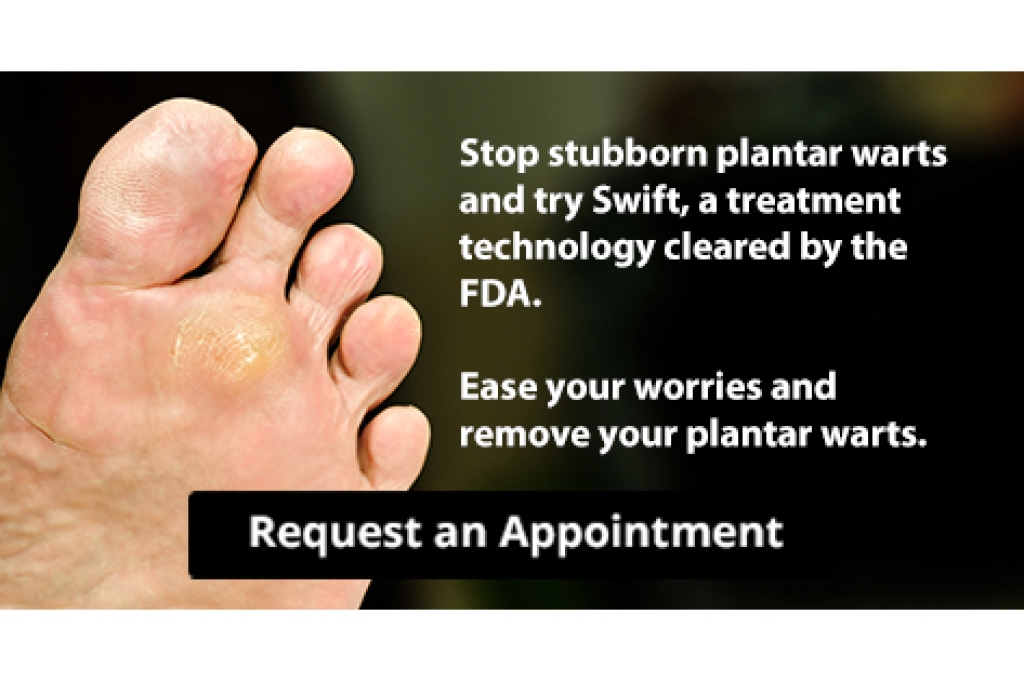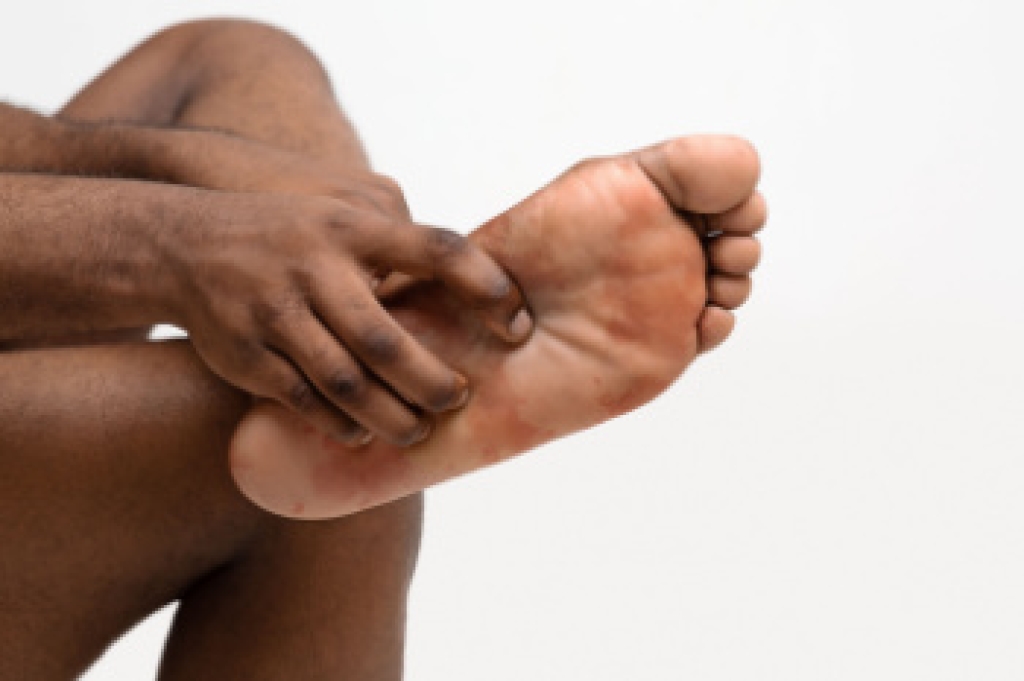
Diabetes can greatly impact the way wounds on the feet heal, often causing them to heal more slowly and leaving them at risk of infection. Even small cuts, blisters, or sores on the toes, heels, or ankles may progress into more serious problems when circulation is reduced and blood sugar levels are poorly controlled. Peripheral neuropathy, a common complication of diabetes, can reduce sensation in the feet, meaning injuries may go unnoticed and untreated for too long. This combination of reduced blood flow and nerve damage makes foot ulcers more likely to develop. If left untreated, they can progress to severe infections that sometimes require surgery or may even result in the risk of limb loss. A podiatrist can examine wounds, provide advanced wound care, and recommend strategies to protect vulnerable areas of the feet. If you have foot wounds related to diabetes, it is suggested that you make an appointment with a podiatrist for an exam and ongoing treatment.
Diabetic foot care is important in preventing foot ailments such as ulcers. If you are suffering from diabetes or have any other concerns about your feet, contact our podiatrists from Superior Foot & Ankle Center. Our doctors can provide the care you need to keep you pain-free and on your feet.
Diabetic Foot Care
Diabetes affects millions of people every year. The condition can damage blood vessels in many parts of the body, especially the feet. Because of this, taking care of your feet is essential if you have diabetes, and having a podiatrist help monitor your foot health is highly recommended.
The Importance of Caring for Your Feet
- Routinely inspect your feet for bruises or sores.
- Wear socks that fit your feet comfortably.
- Wear comfortable shoes that provide adequate support.
Patients with diabetes should have their doctor monitor their blood levels, as blood sugar levels play such a huge role in diabetic care. Monitoring these levels on a regular basis is highly advised.
It is always best to inform your healthcare professional of any concerns you may have regarding your feet, especially for diabetic patients. Early treatment and routine foot examinations are keys to maintaining proper health, especially because severe complications can arise if proper treatment is not applied.
If you have any questions, please feel free to contact our office located in Long Beach, CA . We offer the newest diagnostic and treatment technologies for all your foot care needs.




